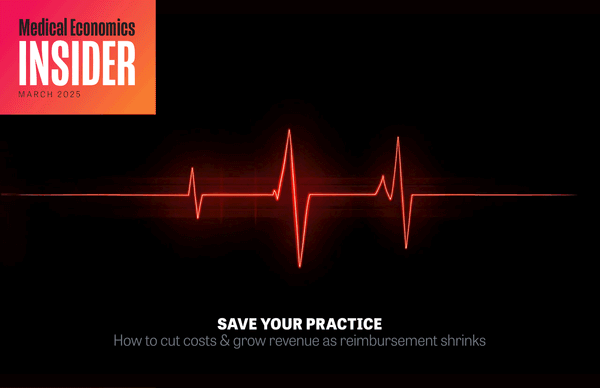
Medical Economics is proud to unveil the honorable mention entries in our 2015 Physician Writing Contest. We believe the essays exemplify what connecting with your patients is truly about, and demonstrate the levels of heart, determination, and empathy you strive to bring into every exam room, every day. Thanks for reading.


